Intro
Chatbots: it seems that there are those who love them, and those who aren’t so sure. Whilst the rapidly growing presence of AI in customer service functions is incredibly exciting for us at Sentient Machines, the same cannot always be said for some of those who come face to face with automation online and over the phone. In fact, a report from CGS claims that the majority of those surveyed actually prefer to interact with a human to a chatbot. Reasons for this include the fact that chat bots could be less helpful than a human, and also that interaction with a chatbot was too impersonal.
Such claims beg us to pose the question of whether the customer service space is quite ready for chatbots. Is it best to automate, or wait?
Why companies use chatbots
As discussed in our previous post, companies use automation because they can help speed up processes, and save money in doing so. They can provide quick responses to frequently asked questions, which means:
there is less of a demand to employ human agents
human agents are free to respond to slightly more complex customer issues
waiting time for customers can be reduced to zero
there will be a 247 access line for customers
Chatbots can cut queues and costs. Surely this benefits both the service provider and the customer?
Bots vs Humans
On the surface, bots appear to be the superior option to human:
Humans are often slower to respond than an automated bot
Humans are less available to answer a customer call (ie, they are often talking to other customers and cause queues)
Humans do not often have quick access to customer records, and so can block actions
However, CGS reports that, to those surveyed, bots lost out to humans simply in their lack of, well, humanity:
Bots’ answers are not as detailed as those of humans
Bots are less helpful than humans, and tend to redirect customers to FAQ pages on websites
Customers don’t always feel comfortable sharing their data with a bot
Complex, and sometimes personal issues, require a person to solve.
So, what would the ideal situation be?
It would appear that customers want speed in fixing their issues, but they are not so open to impersonal responses to complex issues.
Ideally, then, customers should have access to both chatbot answers, and human resource, depending on their needs. If call reason is captured straightaway, and used to determine whether the call should be redirected to a bot or a human, then a happy medium should be reached.
Ease the transition
Whilst the presence of AI in customer service brings with it undeniable benefits to both customer and company, it also brings with it teething problems and uncertainties. The answer to the question may be a gradual and careful transition: neither waiting nor automating everything straightaway!
Instead, the process of introducing automation to customer service can be eased with various steps towards compromise. Primarily, there should always be the possibility of interaction with a human agent. In other words, a chatbot should not be the only option. The call reason must be what determines whether a customer is redirected to a bot or a human agent, with bots handling simple queries (for instance, ‘how can I pay this water bill?’) and humans taking more complex issues. If you want to find out more about how we are doing this please register your interest here by the 28th September.
Secondly, human agents and bots must be able to coexist in customer service. Agents must be trained in order to be able to deal with the more complex issues faced by customers. If automation takes care of the simple requests, extra time must be taken to ensure that call centre agents are upskilled. Companies should take the time to analyse their data and use it to train up their staff in the type of situations they may face. This way, human agents and bots can be of equal use. If you want to find out more about how you can use Sentient Analytics to improve staff training, and how you can benefit from Sentient Automate on top of that analytics, register here by the 28th September!
Finally, transparency and honesty about data protection is paramount. Customers should trust the companies, in the hope that they will learn to trust the chatbots they meet on their customer service line.





